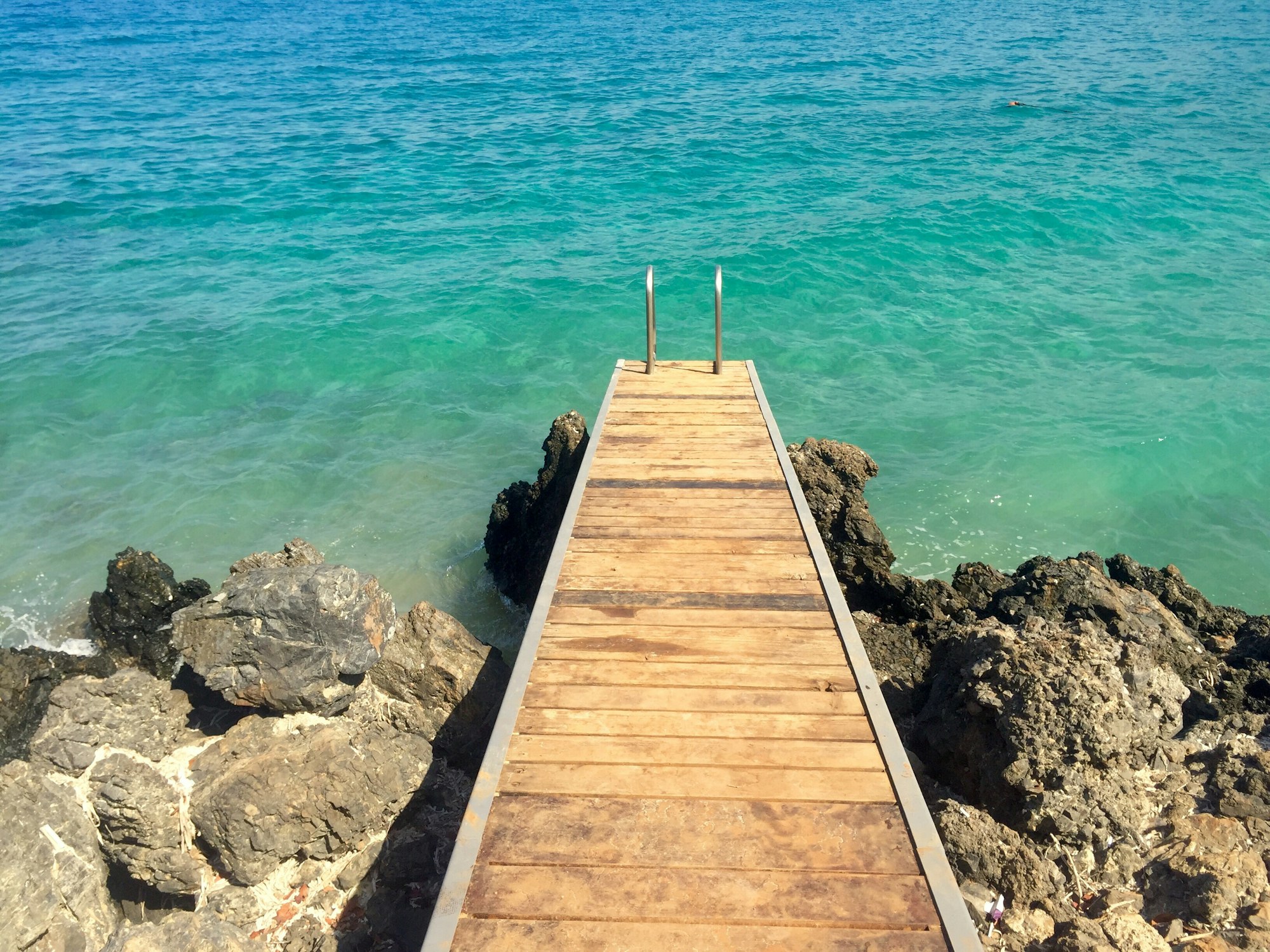Discover the versatility and benefits of floating pontoons

Floating pontoons have become essential in various sectors, thanks to their remarkable versatility and efficiency. They offer innovative solutions for recreational and industrial applications alike. Beyond their buoyancy, these structures adapt seamlessly to diverse environments, enhancing functionality and accessibility. Explore their design potential and discover how they can elevate your projects and activities, providing both practical benefits and creative possibilities.
Comprehensive overview of floating pontoons
Floating pontoons are adaptable structures widely utilized in various marine settings. They provide a stable and secure platform, crucial for both recreational and industrial applications. Their versatility is one of the standout features, allowing them to be used in diverse environments, from serene lakes to bustling ports.
Cela peut vous intéresser : What Are the Essential Components for a Secure UK Online Banking Mobile App?
One of the primary benefits of floating pontoons is their adaptability to changing water levels, ensuring stability and safety. This makes them ideal for fluctuating environments, such as tidal areas. Additionally, they are designed for easy installation and portability, which is particularly advantageous for temporary setups or seasonal uses.
The design and functionality of floating pontoons cater to a wide array of uses. From modular systems that can be customized for specific needs to robust platforms suitable for heavy-duty industrial tasks, the possibilities are extensive. These pontoons are constructed from durable materials, often eco-friendly, ensuring longevity and minimal environmental impact.
Avez-vous vu cela : What Are the Sustainable Practices for UK Coastal Tourism Operators?
For those interested in exploring the full range of products and customization options, Poralu Marine offers a comprehensive selection of floating pontoons and other marine solutions, which can be found on https://www.poralu.com/en/products.
Types and designs of floating pontoons
Floating pontoons come in various types to suit specific needs, including plastic floating pontoons, cubes, and modular dock systems. Plastic pontoons are lightweight, durable, and resistant to corrosion, making them ideal for both recreational and commercial applications. Floating pontoon cubes offer a flexible solution for creating custom shapes and sizes, while modular dock systems provide adaptability and ease of assembly.
Customizable designs for specific needs
The designs of floating pontoons are highly customizable, allowing users to tailor them to particular requirements. Whether it's for a serene residential dock or a bustling industrial platform, these pontoons can be adjusted in size, shape, and load capacity. Customization ensures that the pontoons meet unique environmental conditions and user preferences, enhancing functionality and user satisfaction.
Modular floating dock systems and their adaptability
Modular floating dock systems are renowned for their adaptability and ease of installation. These systems can be expanded or reconfigured as needed, making them perfect for evolving waterfront projects. Their modularity supports diverse applications, from temporary event platforms to permanent marina installations, providing a cost-effective and flexible solution for various marine environments.
Applications and advantages in diverse environments
Floating pontoons offer numerous benefits for recreational activities, providing stable platforms for water sports, fishing, and leisure. Their buoyant nature ensures safety and ease of use, making them ideal for family outings or community events. The modular design allows for easy reconfiguration, catering to specific recreational needs, whether it's a temporary setup for a summer festival or a permanent installation at a lakeside retreat.
Industrial applications and their impact
In industrial settings, floating pontoons serve as reliable platforms for heavy-duty operations. They are used in construction, oil exploration, and as floating workstations. Their robust construction supports significant weight, ensuring safety and efficiency in demanding environments. The ability to withstand harsh weather conditions and corrosive elements highlights their suitability for industrial applications, offering a cost-effective solution for marine construction and logistics.
Cost-effective solutions for various environments
Floating pontoons provide a cost-effective buoyancy solution across diverse environments. Their adaptability to both fresh and saltwater conditions ensures longevity and minimal maintenance. These pontoons can be tailored to specific requirements, reducing overall costs while enhancing performance. Their eco-friendly materials further contribute to sustainable marine practices, making them a smart choice for environmentally conscious projects.
Installation, maintenance, and innovation in floating pontoons
Installing floating pontoons involves a systematic approach to ensure stability and functionality. Begin by assessing the site conditions, including water depth and substrate type. Next, assemble the pontoon modules on land, ensuring all components are securely fastened. Transport the assembled sections to the water using a crane or other lifting device. Once afloat, connect the modules using the provided coupling systems, ensuring a snug fit to prevent movement. Finally, anchor the pontoon securely using weights or piles, depending on the water conditions and intended use.
Maintenance tips for longevity and performance
Regular maintenance is crucial for the longevity of floating pontoons. Inspect the pontoons periodically for signs of wear, such as cracks or abrasions, and address any issues promptly. Clean the pontoons to remove algae and debris, which can affect buoyancy and appearance. Check the anchoring system to ensure it remains secure, especially after storms or high tides. Routine maintenance not only extends the life of the pontoons but also enhances safety and performance.
Innovations and future trends in pontoon technology
Recent innovations in pontoon technology focus on sustainability and adaptability. Eco-friendly materials, such as recycled plastics and corrosion-resistant alloys, are becoming standard, reducing environmental impact. Modular designs continue to evolve, offering greater flexibility for custom configurations. Looking forward, advancements in smart technology, such as sensors for real-time monitoring of structural integrity and environmental conditions, are set to revolutionize pontoon systems, enhancing safety and efficiency.
